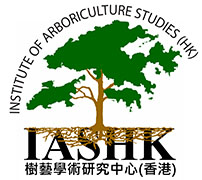substance produced by a plant that. in low concentrations. affects physiological processes such as growth and development. often at a distance from the substance’s point of origin (see plant growth regulator).
Plant hormones (or phytohormones) are signal molecules, produced within plants, that occur in extremely low concentrations. Plant hormones control all aspects of plant growth and development, including embryogenesis, the regulation of organ size, pathogen defense, stress tolerance and reproductive development. Unlike in animals (in which hormone production is restricted to specialized glands) each plant cell is capable of producing hormones. Went and Thimann coined the term "phytohormone" and used it in the title of their 1937 book.

Phytohormones occur across the plant kingdom, and even in algae, where they have similar functions to those seen in vascular plants ("higher plants"). Some phytohormones also occur in microorganisms, such as unicellular fungi and bacteria, however in these cases they do not play a hormonal role and can better be regarded as secondary metabolites.
